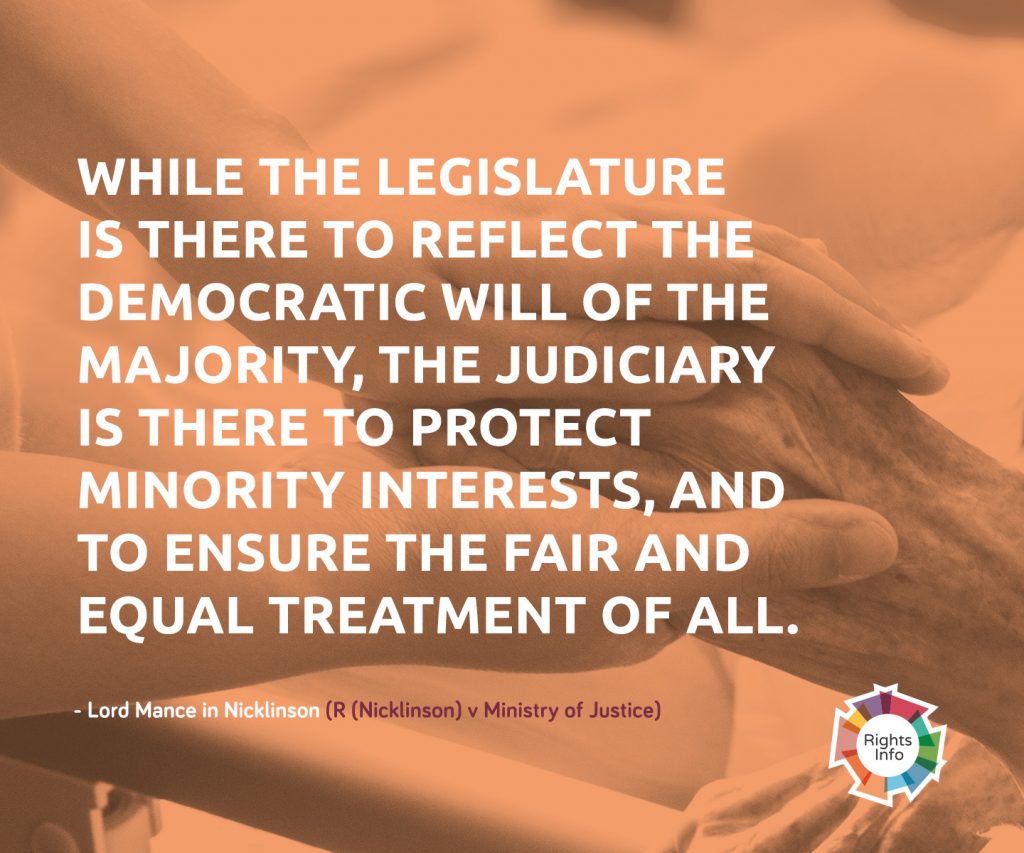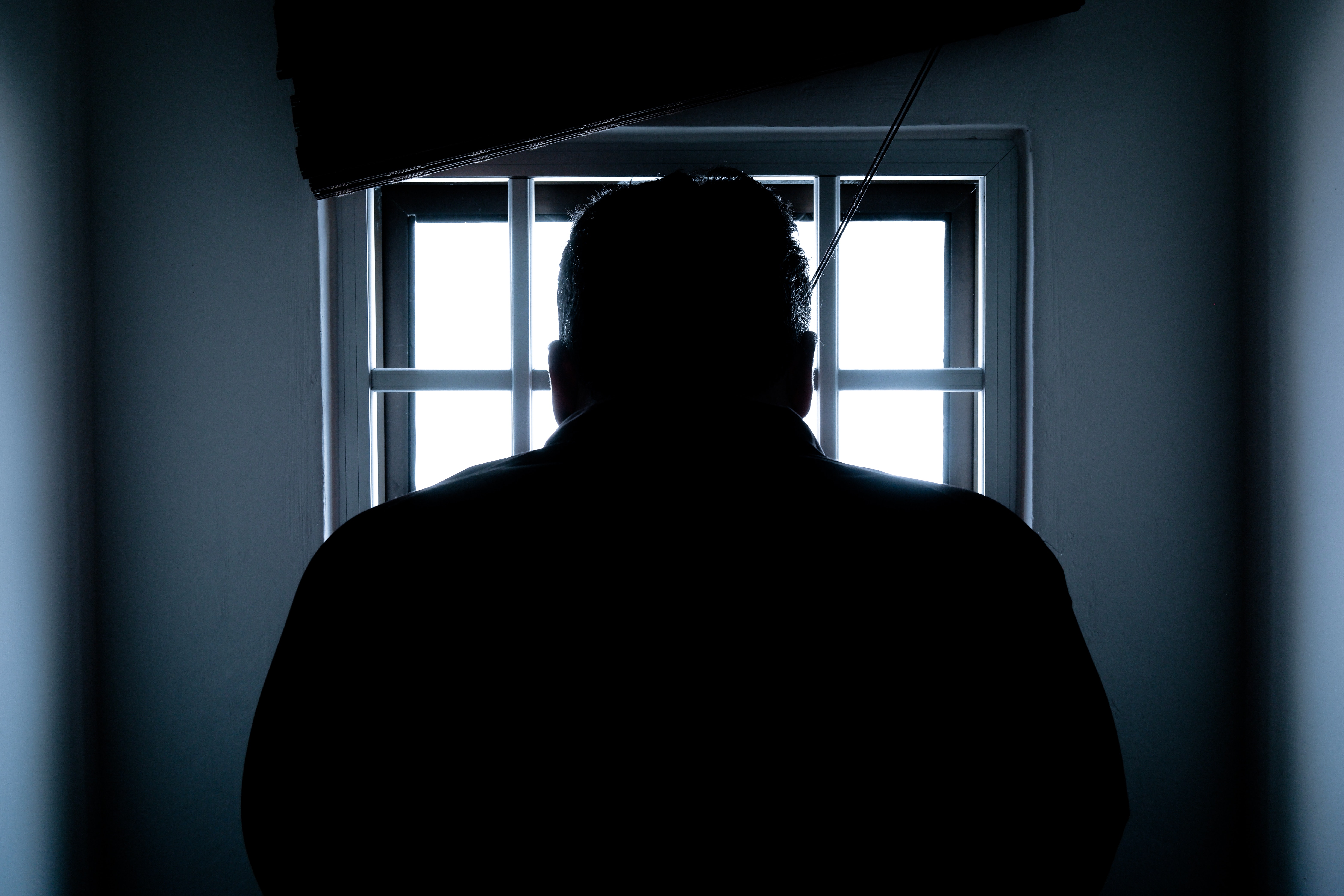Victims of perpetrators with mental health problems are being “ignored, isolated and diminished” in their quest for recovery and justice, the Victims’ Commissioner has reported.
The report, which can be found here, has investigated the disparity between the help and support victims of mentally disordered patients receive under the Victims Code.
What Is The Victims Code?
 Image Credit: Chinh Le Duc / Unsplash
Image Credit: Chinh Le Duc / Unsplash
The Victims Code is a statutory code which sets out the minimal level of service victims should receive through the criminal justice system.
As Victim Support highlights, the code sets out the statutory minimum which should be offered to victims of a crime, and the time frame in which to offer that support.
Victims are entitled to:
- Be kept informed about the progress of their case by the police
- Hear when a suspect is arrested, charged, bailed or sentenced
- Apply for extra help when giving evidence in court (called ‘special measures’) if they are vulnerable, intimidated, or a child or young person
- Apply for compensation
- Make a Victim Personal Statement to explain the impact of the crime, and to have it read out in court, with the permission of the court
- Be told when an offender will be released, if that offender has been sentenced to a year or more in prison for a violent or sexual offence
- Be given information about taking part in restorative justice schemes
- Be referred to victims’ support services
- Seek a review of a decision not to prosecute.
Victims Left Behind
 Image Credit: Unsplash
Image Credit: Unsplash
However, a lot of victims of mentally disordered victims are not in receipt of those benefits.
The report, named Entitlements and experiences of victims of mentally disordered offenders, found that some victims were refused the right to attend the trial in person, and are not allowed to write a victim personal statement in some circumstances.
Some victims are also not allowed the support of a victim liaison officer, reported The BBC.
“One relatively small but important group of victims are those who have suffered at the hands of mentally disordered offenders. Indeed, as the case studies attached to this report show, these victims have been subjected to some of the most horrific violent crimes,” said Baroness Newlove upon the release of the report.
“The Impact Remains The Same”
 Image Credit: Unsplash
Image Credit: Unsplash
“The law rightly makes a distinction between offenders who are of sound mind when committing their crimes and those whose judgement was impaired by mental illness. Nevertheless, the impact of these crimes upon the victim remains the same.”
“It’s unfair that victims affected by horrific crimes committed by mentally disordered offenders do not have the same entitlements as other victims – their pain and trauma is no less and they deserve the same care and support,” said Baroness Newlove.
“Victims in our case studies told us that they felt ignored, isolated and diminished by their treatment within the criminal justice system. This is unacceptable and needs to change.
The Ministry of Justice and an “Equitable Justice System”

The Ministry of Justice said it was “committed to ensuring we continue to have a fair and equitable justice system which includes reflecting the needs of victims”, reported The BBC.
“This is why we are spending almost £100m on support for victims this year alone, and will publish our Victims’ Strategy this summer.”
It added: “Victims of mentally disordered offenders are already entitled to participate in the victim contact scheme and can make representations about conditions of discharge, such as preventing offenders making contact or entering the area where they live.”







